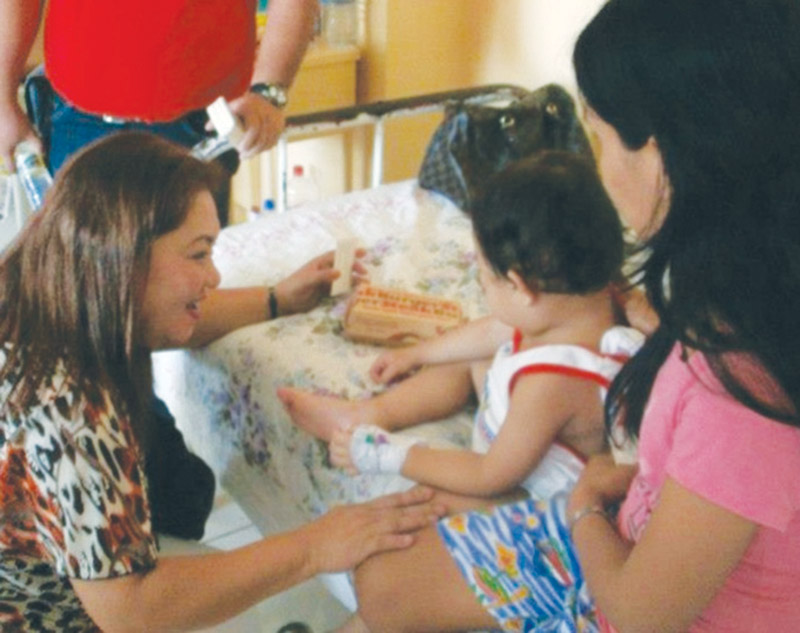 Visit the Sick
Visit the Sick
Doing Little Works of Mercy
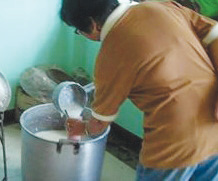
Feed the Hungry
One unforgettable experience I had in feeding the hungry was when I was still a Philosophy student in the seminary. One time I was approached by a little boy, a street child, asking for money. When I asked him what he would do with the money, he told me that he will use it to buy food. Hesitant to give him money because he might not use it to buy food, I asked him to come with me and I bought him a doughnut. And to my surprise, the moment he stepped out of the store, he broke the doughnut into small pieces and shared it with the other street children.
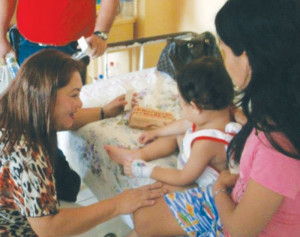
Visit the Sick
I spent about five years celebrating Sunday masses at the home for the aged of the Missionaries of Charity in Tayuman, Manila. The home is divided into two wards: one for the males and another for the females. The elderly, who are in their sixties and seventies, or even eighties and nineties, were homeless or abandoned people whom the sisters of Mother Teresa’s congregation found in the streets of Manila. Every Sunday after the mass, a group of young people who call themselves “Lingkod ng Panginoon” (roughly translated as Servants of the Lord) would assist the sisters of the Missionaries of Charity in feeding the elderly. Some of them are afflicted with tuberculosis, pneumonia, Alzheimer’s disease or some other illnesses. Some are simply in their old age and in the stage of senility. It is really heartwarming to see young people taking care and doing their share in feeding the elderly.
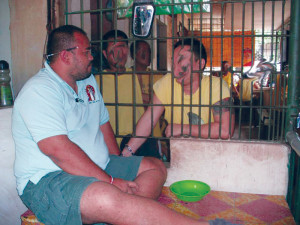
Visit the Imprisoned
In the poor and remote islands of the Babuyan group, where majority of the population are either fishermen or farmers, one of the wealth they consider is their family. Families of fishermen and farmers have an average of six to eight members. This is probably because families in these islands, as in any other poor locality, need more hands to take care of their farms or to provide sustenance for the entire family. That is why the passing away of a family member, especially the children, may be the saddest event of their lives. For people who have literally nothing, their family members are their only wealth. I have seen families in extreme sorrow every time we bury the dead. No amount of comforting words can take away their grief.
CORPORAL WORKS OF MERCY
- Feed the hungry.
- Give drink to the thirsty.
- Clothe the naked.
- Shelter the homeless.
- Comfort the prisoners.
- Visit the sick.
- Bury the dead.
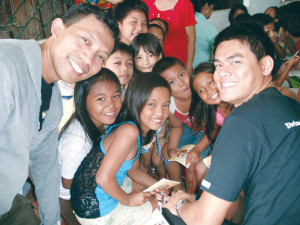
Inform the Uninformed
- Teach the ignorant.
- Pray for the living and dead.
- Correct sinners.
- Counsel those in doubt.
- Console the sorrowful.
- Bear wrongs patiently.
- Forgive wrongs willingly.


No Comments